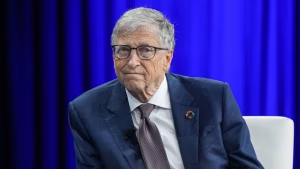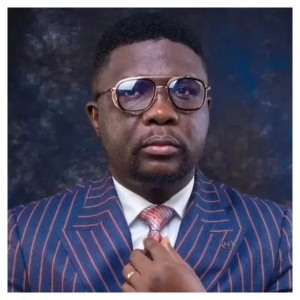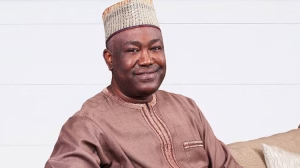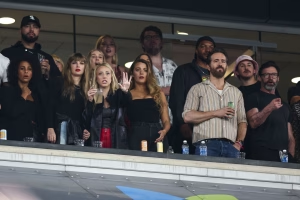The Democratic Republic of Congo’s (DRC) general election has been riddled with delays, allegations of malpractices, and logistical chaos, raising concerns about the credibility of the process and its potential impact on the country’s democratic future.
Despite widespread logistical issues, including some polling stations never opening, Congolese citizens participated in a crucial election on Thursday, December 21. The lead-up to the elections was marked by a tumultuous campaign overshadowed by accusations of fraud, electoral violence, and logistical hurdles.
Amidst armed conflict and instability in the western and eastern regions, the mineral-rich nation conducted four simultaneous elections. The election aimed to elect a president, national and regional lawmakers, as well as local councillors.
Reports from across the country indicated massive delays on the first day of voting, with the electoral commission struggling to supply materials to polling stations, resulting in long queues and frustration among voters. In some instances, polling stations failed to open, leaving citizens unable to cast their votes.
Following the challenges, the head of the electoral commission declared that places unable to vote on the initial day would have the opportunity to cast their ballots on Thursday. However, this decision was met with resistance as five opposition presidential candidates, including Martin Fayulu and Dr. Denis Mukwege, rejected the extension, deeming it illegal. They jointly called for fresh elections, intensifying the political tensions surrounding the process.
Incumbent President Félix Tshisekedi faced stiff competition from 18 other candidates in an election where over 44 million people were registered to vote. Delays were not limited to specific regions, as towns in the volatile east and Kinshasa encountered similar issues, with voting materials failing to arrive at some polling stations, further complicating the already challenging process.
The opposition presidential candidate, Martin Fayulu, described the situation as “total chaos,” emphasizing the need for inclusive and well-organized elections across the entire country to ensure legitimacy. He warned that failure to allow all eligible voters to participate would not be acceptable, underscoring the high stakes and deep-seated concerns about the electoral process.
Amidst the backdrop of frustration and logistical setbacks, the DRC’s general election has captured global attention, with the credibility and fairness of the process hanging in the balance. As the nation navigates through these challenges, the world watches closely, hoping for a resolution that upholds democratic principles and fosters a peaceful transition of power in the DRC.




